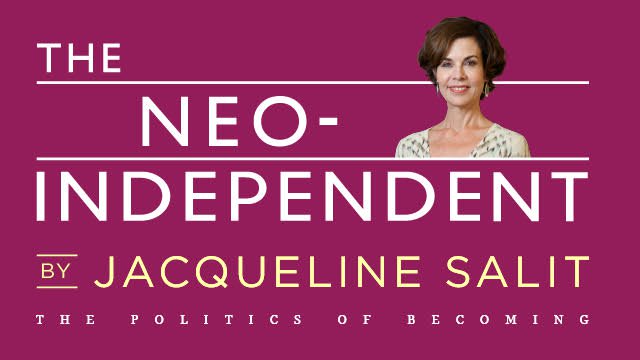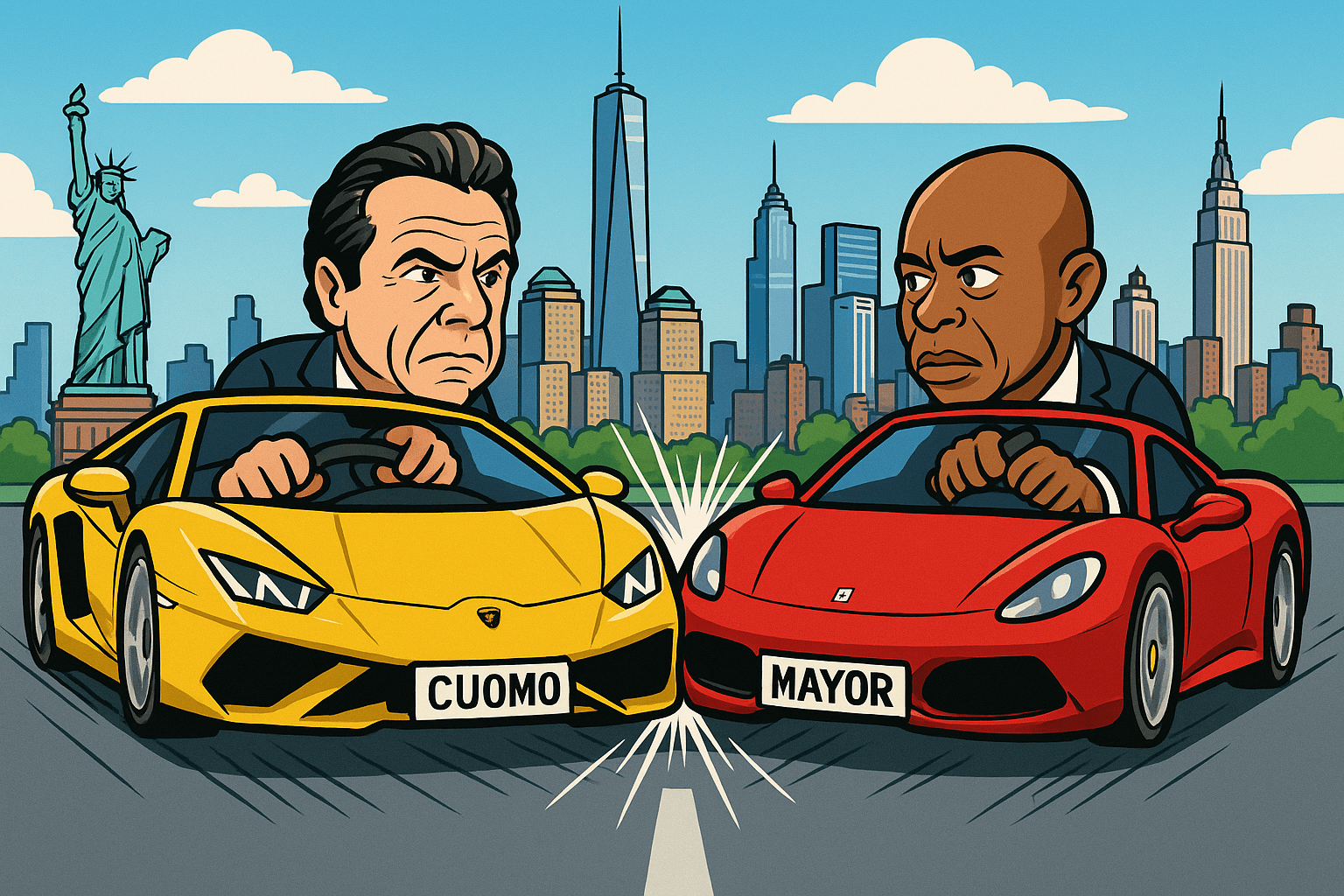Justice, Justices, and Fried Green Tomatoes


Last Friday, my sister and I and our partners flew into an overcast Chicago for a family reunion of two dozen cousins and their spouses, children, even an “ex”-uncle. It had been 10 years since the last Cousins Club meeting, which I missed. The oldest was 91 (my dad), the youngest 15 (my cousin’s son).
My anxieties about a weekend with this multi-generational mix were interrupted during the cab ride from O’Hare Airport to our hotel in Skokie. The driver explained that the jury in the Jason Van Dyke murder trial had reached a verdict and it was to be announced shortly. The jury, sequestered only since the previous afternoon, had decided the case in a matter of hours.
“Doesn’t look good for the cop,” the driver said drily. We would arrive at our hotel minutes before the announcement.
Four years ago, Jason Van Dyke, a 14-year veteran of the Chicago Police Department, fired 16 shots into Laquan McDonald, a 17-year-old African American youth, after police received a call that someone was breaking into cars. Originally reported as shots fired only to the chest, the autopsy revealed that 16 shots to multiple body parts had been fired.
Six months later, the City Council hurriedly approved a $5 million settlement to the family, in the hopes of closing down all further public discussion of the case. But a dash cam video of the shooting, suppressed by Chicago officials during Mayor Rahm Emmanuel’s re-election campaign, was finally released in November 2015 after freelance journalist Brandon Smith and Chicago activist William Calloway filed a Freedom of Information Act request and went to court.
Once public, the video showed Van Dyke firing the 16 shots as McDonald walked down the street, his arms apparently at his side. The video evidence depicted a scene that differed substantially from several police versions of the incident.
Then U.S. Attorney General Loretta Lynch opened a federal probe into the Chicago Police Department; the Cook County State’s Attorney Anita Alvarez was defeated at the polls; and Van Dyke faced not only murder charges, but 16 counts of aggravated battery with a firearm.
Protests and public outcry demanding justice for Laquan were organized at every turn. And in a surprise move 13 days before Van Dyke’s trial began in earnest in mid-September, Rahm Emmanuel withdrew from the Mayor’s race, saying he would not seek a third term.
I checked into my Skokie hotel and raced to turn on the TV. The verdict was just being announced: a conviction for second degree murder and the 16 counts of aggravated assault. The jury was polled, each member affirming his or her vote for the verdict.
Van Dyke was led out of the courtroom in handcuffs as the police union hammered out a statement saying the jury was “duped.” Young activists surrounding the courthouse celebrated in the streets. I sat down on the edge of the bed in my hotel room and took a breath. Justice delivered by a majority white jury.
Then, I turned back to the TV. William Calloway, whose efforts to get the dash cam video had changed the course of the case, was speaking live outside the courthouse. “No black alderman showed up for this … No black elected official showed for us.”
Again, I took a deep breath. This was the other, deeper part of the story: the widening distance between those elected to represent and those in need of representation.
Chicago is not the only place where that gap is widening. It’s happening everywhere, in all communities. Perhaps we need to impanel the American people as a jury. Let us pass judgment on the state of our country. That’s what elections are supposed to be. But they’ve become so distorted. A winner-takes-all game. A manipulation of social and personal anger. A mirage of public accountability.
The Brett Kavanaugh vote was also playing out while the Cousins Club met in Chicago. There are many things that I found bizarre and upsetting about the spectacle of the confirmation process. Perhaps the most bizarre was that, for all the anguish about deeply felt and powerful issues on both sides, the outcome of the vote was exactly what was expected before it all unfolded.
Women who suffered sexual assaults as teenagers have not had an opportunity to process or resolve their responses to those assaults over 30-years time. That is just wrong. Dr. Ford was not lying. And yet, she was treated as if she were.
Kavanaugh came into the Senate hearing with a prepared statement he had written (I believe that). For all of his privilege, his opening statement was largely civil and tried to show respect for women who were assault victims. He was then — by turns — humiliated by the Democratic senators and condescendingly protected by Republicans.
Ask any woman if they’ve ever seen how, when men are humiliated — in the kitchen, never mind on national TV — they become angry and begin to snarl. Every woman has seen that, and has had to deal with that anger and the power that men can exercise over women’s lives
Did any of this have to do with the Supreme Court? Somehow the battle over Roe v. Wade has devolved over 45 years’ time into this. But when push came to shove, the outcome was pre-ordained. The Republican Party had the numbers. The one Democrat who voted “yes” was expected to do so. Everyone played their part. Nothing moved, no one grew, and this biggest of news stories contained no news.
On the Saturday night of the cousins’ reunion, we all met up at a cool barbecue restaurant in Pilsen, a Chicago neighborhood with a rich history of immigrant and working-class struggle on the Lower West Side. We all sat together at a long table in a back room, eyeing a menu of fried green tomatoes, barbecue chicken and brisket, girlfriend salads and bacon candy (trayf but yummy!), reminiscing, catching up, and hugging.
We are second generation American Jews; our grandparents were born in Russia and came here to escape the pogroms. Our parents were prosperous, hardworking people: teachers, ad men, engineers, business owners, salesmen, housewives. Some worked for big companies; some were World War II veterans. I was named for my father’s cousin Jack, a downed pilot in the war.
Everyone at the table talked about the verdict in the Van Dyke murder trial. A good thing, we said. Justice was done. The Kavanaugh confirmation had been completed that afternoon. Mainly, the cousins shook their heads and shrugged. Was the shrug about Kavanaugh? About the spectacle? No one wanted to talk about it, including me.
One of my favorite cousins, whom I rarely see, sat next to me. She put her arm around my shoulder and in a raspy voice said “Is there reason for hope?”
“I feel hopeful,” I said, thinking of the jury that convicted Van Dyke and brought some small measure of peace to Laquan McDonald’s family. “Except for some of the time,” I added, thinking of the Senate’s blistering process on Kavanaugh.
We smiled at each other and sat in silence for a bit as others buzzed around us, taking pictures and exchanging phone numbers. After a while, she reached for a plate and asked, “Do you want a fried green tomato?” “Sure,” I said, “I never had one before.”
“Oh,” she replied. “It’s always good to try something new.”
Photo Credit: Brent Hofacker / shutterstock.com





